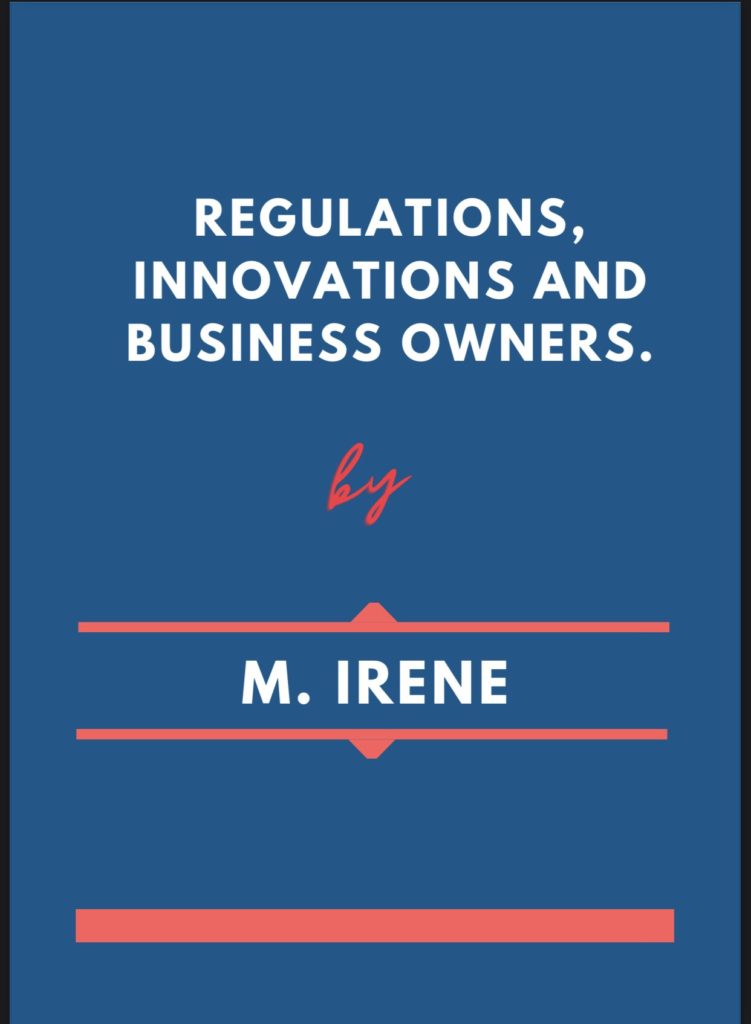Regulations and regulators play a critical role in any community. It can protect citizens and prevent exposures to unwarranted risks.
The Nigerian Security and Exchange Commission(SEC) recently reminded Capital Market Operators(CMOS) in Nigeria that only foreign securities registered in Nigeria may be sold or offered for sale or subscription to the Nigerian public. The announcement caused a reasonable amount of uproar and created two factions—one part rooting for the SEC and one part against the SEC’s regulations.
There are valid reasons for the existence of regulators. They can increase market competition, create a security sense amongst citizens and provide a secure economic ecosystem.
Victor Asemota, a tech investor, in a Clubhouse conversation, quipped that “in Africa, innovation is what regulation has not caught up with.” The rapid advancement of technology will lead to the birth of new ideas and companies. Moore’s Law proposes that we can expect our computers’ speed and capability to increase every couple of years, and another tenet of the law is that growth is exponential. Drawing from Moore’s postulations, we can say that there will be a growth in technological innovation.
Would there be more regulations?
The simple answer is yes. However, the timing of the regulation has to be correct. What usually happens is that regulators react too late in our business environs, making it seem like regulators are against innovation.
Tech businesses rising in these contemporary times disrupt traditional economic transactions, and there needs to be a framework built by regulators to address these radical changes.
It is tough to be a regulator today. For example, most Nigerian stakeholders see the Nigerian Data Protection Regulation(NDPR) as a regulation that doesn’t support seamless business processes. However, when one digs into the law from a technical and logical perspective, one would find that the rule protects Nigerians, make Nigerian companies globally competitive and creates an excellent Nigerian business ecosystem.
From a thoughtful perspective, laws and regulations govern communities, and they are designed as a safeguard to protect citizens and not specifically to unduly burden institutions. That said, regulators must think creatively about their activities.
In this space, I have mentioned that regulators need to carry citizens along, carry out surveys, and post educational materials. By doing this, regulators sensitise the public and decrease the shock value when they mete out punitive measures to companies or stop some business processes.
Regulators should pay attention to emerging trends in the world. To catch up with innovation and not be left behind, regulators must invest time and resources in ensuring that they know and comprehend these new trends. It would be unfair to innovators when they create a business, and then regulators come up with new laws. It dampens the confidence of creative minds. Therefore, understanding the emerging trends can help the regulators develop reasonable rules that aid the industry.
Regulators should develop a partnership model that allows them to collaborate with businesses and entities to build industry rules. Collaboration is a critical component of regulation innovations that promote regulations that can easily be adhered to by companies and citizens. If there is no collaboration, entrepreneurs can view regulators as tyrants, especially in a country where citizens’ freedoms and rights are zilch.
Regulators also need to review the regulations and how they impact the business environs. The review will allow the regulators to know if the law requires some modification or needs expansion. It can be a challenge to review rules consistently, but the advent of technologies like the Internet of things and artificial intelligence enables frequent regulatory review.
Business owners, especially in Nigeria, need to pay attention to various regulations and how they affect their business process and remodel their operations to adhere to rules. They, too, should create a way to carry regulators along with new trends in their respective industries.
Regulations are not evil; they play important roles. However, there is the need to carry citizens along and ensure that the law catches up with innovation in these fast-paced times.

